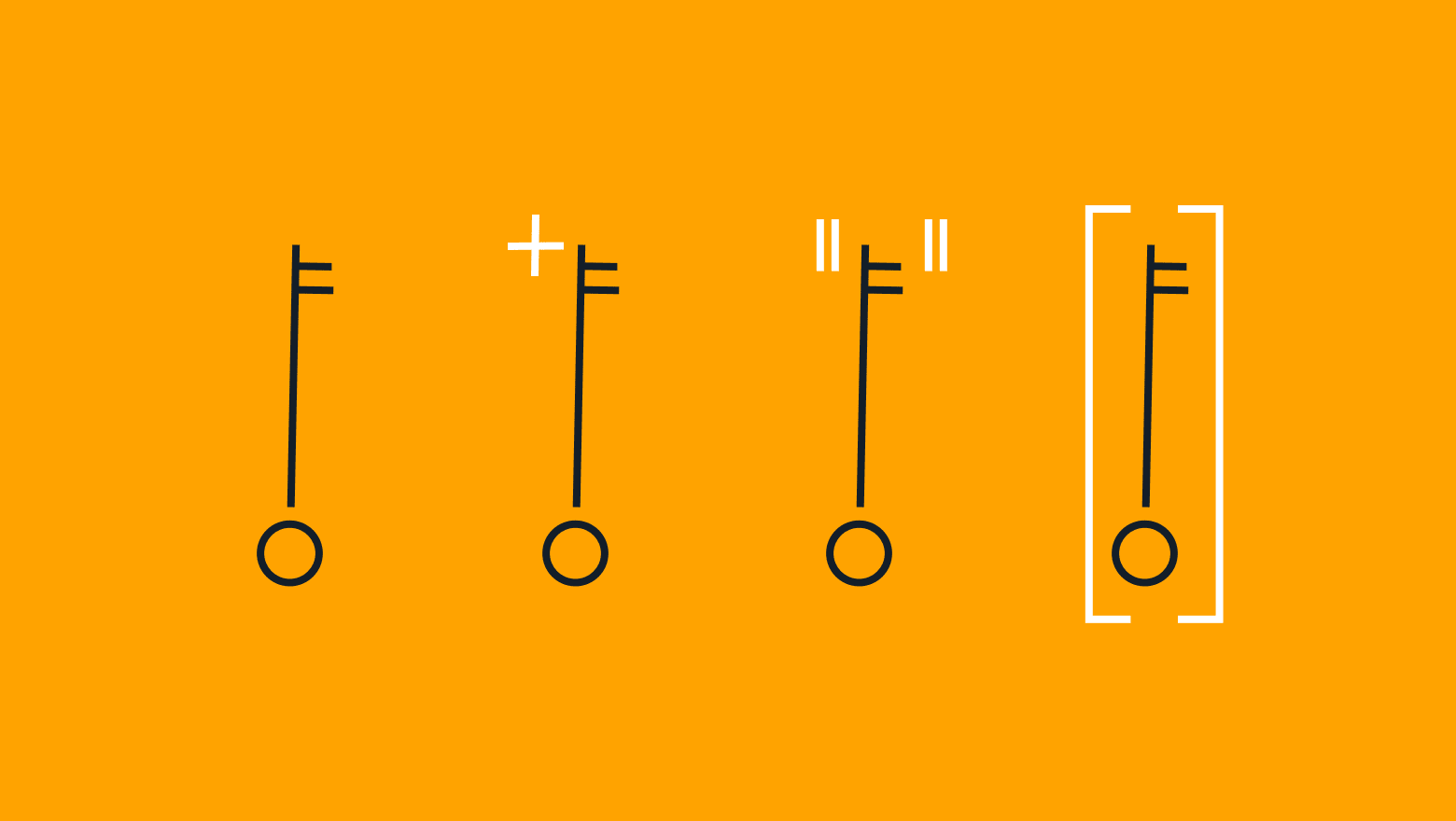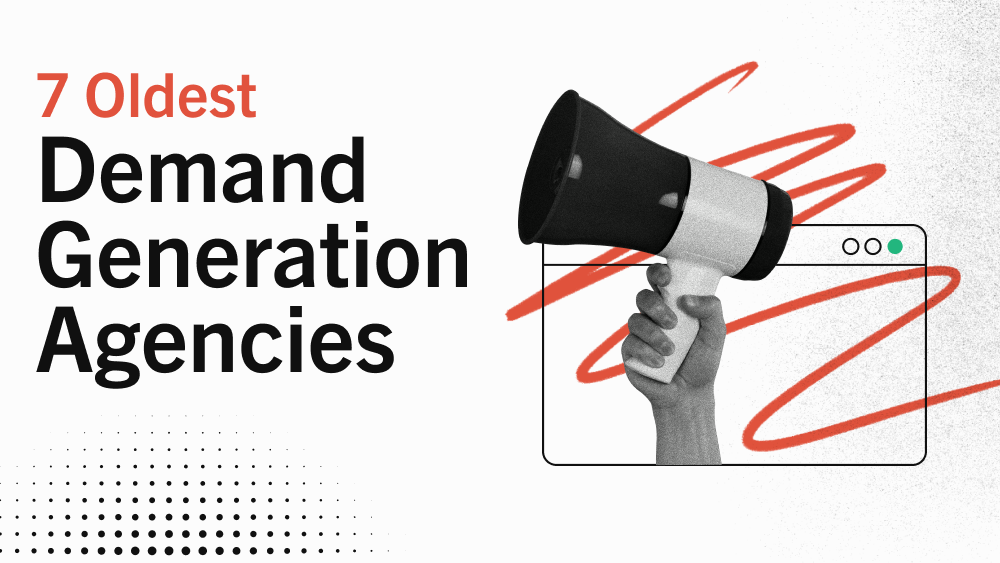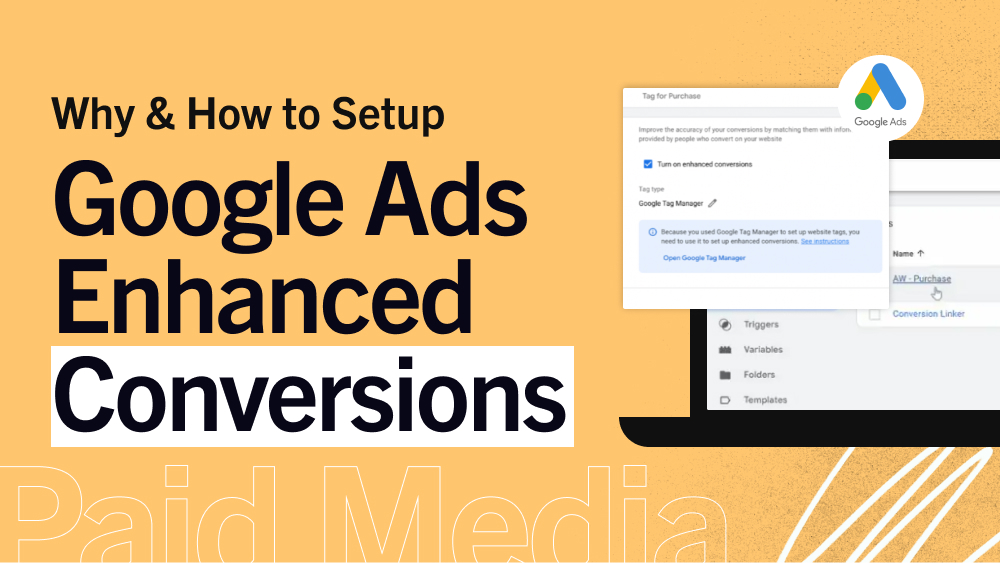Keyword Match Types: Everything You Need To Know

Keyword match types are a critical but often overlooked feature on the Google Ads platform.
Every digital marketer understands the importance of doing PPC keyword research to figure out a targeting strategy for their paid search campaigns, but many don’t fully realize the effect that keyword match types have on their campaign performance.
In fact, choosing the right match type for each keyword on your list can help you ensure your ads only appear on the most relevant searches, improving your ad quality scores and CTR while driving down acquisition costs.
If you’re unsure of how to use keyword match types to your advantage, we’ve put together this short guide that contains everything you need to know.
What are Keyword Match Types?
Keyword match types are a set of keyword targeting options on the Google Ads platform.
They can be applied individually to target keywords, allowing advertisers to moderate how broadly or restrictively their targeted keyword terms are matched with relevant searches that trigger an ad placement.
There are four different keyword match types that advertisers can use to customize how their keywords are matched with search queries:
- Broad Match
- Modified Broad Match
- Phrase Match
- Exact Match
Later on, we’ll take a closer look at how each keyword match type is defined, how advertisers can use keyword match types, and some examples – but first, let’s quickly review how advertisers set up keyword match types in their campaigns.
How Do Advertisers Set-Up Keyword Match Types?
To set up keyword match types on the Google Ads platform, marketers will need to be logged in to their Google Ads account and have created one or more search campaigns. Before the campaign can be executed, marketers must create ad groups that include a set of target keywords and related advertisements. Keyword match types are used when keywords are being added to a new or existing ad group.

Caption: Advertisers can use keyword match types when populating a newly created ad group with target keywords.
When marketers create a new ad group, they will be prompted to enter or paste in their target keywords. This is also when advertisers can use keyword match types to customize their keyword targeting. Advertisers can designate a keyword match type for any keyword by entering it with the formatting guidelines provided by Google:
| Keyword | Keyword Match Type | Marketer Input |
| content marketing | Broad Match | content marketing |
| digital marketing | Modified Broad Match | +digital marketing
OR digital +marketing |
| online marketing | Phrase Match | “online marketing” |
| content distribution | Exact Match | [content distribution] |
This chart summarizes the special formatting and tags that advertisers can use to set up the right keyword match types for each keyword they target in a given ad group.
Here’s how it looks when these keywords are entered into an ad group with the appropriate match types:

Caption: Keyword targeting list demonstrating primary match type modifiers on the Google Ads platform. For extra clarity, we’ve added the same keywords used in the example chart.
Now that you’ve seen exactly how keyword match types are implemented on Google Ads and how to set them up when configuring a new ad group, let’s take a closer look at each of the four match types and what they do.
Four Keyword Match Types Explained
Broad Match
As shown in the chart above, broad match is the default keyword match type selected on the Google Ad network. Advertisers who forget about using match type modifiers end up with all their keywords running on broad match settings.
When advertisers choose the broad match typesetting, Google may trigger an ad placement for any search query that it considers a relevant variation of the target keyword. This includes exact match searches, searches with variations or synonyms of the target keyword, and even searches that don’t contain the keyword at all.
Broad match is the broadest keyword match type available, allowing for the maximum number of ad placements on the network.
Modified Broad Match
Modified broad match targeting can offer advertisers a relatively wide range of potential ad placements, but with more control than standard broad match.
With broad match modifiers, Google still targets any relevant variations of the chosen keyword – but advertisers can designate specific words that must be included in the search query to trigger an ad placement. These words are designated in the keyword list by tagging a plus sign (+) in front of the desired word.
In the chart above, we included two examples of keywords with broad match modifiers. In the first one, ad placements will only trigger when the word “digital” is included in the user’s search. In the second one, ads will only trigger when the user’s search contains the word “marketing”.
Google will still try to show your ad whenever a user searches for your keyword or a close variant – but only when the search contains the word specified by a broad match modifier.
Phrase Match
Phrase match targeting is an option that’s more restrictive and targeted than either broad match or modified broad match targeting.
Advertisers can choose phrase match targeting by entering a keyword into their ad group and surrounding it with quotation marks. When this match type is selected, ad placements can be triggered by searches for the target keyword itself or by searches that contain close variants of the target keyword (synonyms, paraphrases, misspellings, etc.).
Ad placements are also more likely to trigger when a search contains the specified phrase with the same word order.
Exact Match
When advertisers choose the exact match targeting option, their ads will only be shown when users search for their exact keyword or extremely close variants.
Searches with synonyms or misspellings of the target keyword, containing related keywords, or those containing the target keywords plus additional keywords will not trigger an ad placement.
How to Use the Four Keyword Match Types
When advertisers are choosing a match type to use for a specific keyword, there aren’t any right or wrong answers: the big picture is all about trade-offs.
Broad match and modified broad match offer the broadest targeting options. Advertisers will receive a greater volume of ad impressions, but some of those impressions may come from low-relevance searches. Broad match targeting has been associated with:
- Increased ad impressions with lower average relevance
- Lower CTR
- Higher CPC
- Lower Quality Score
- Higher CPA
- Lower conversion rates
In contrast, phrase match and exact match are much more restrictive in terms of how frequently ads will be triggered. Advertisers will receive fewer ad impressions, but the ones they do get will be more relevant and more likely to convert. Exact match targeting has been associated with:
- Decreased ad impressions with higher average relevance
- Higher CTR
- Lower CPC
- Higher Quality Score
- Lower CPA
- Higher conversion rates
Broad match targeting can be useful for generating a lot of ad impressions that drive brand awareness and help advertisers uncover new, profitable keywords. Other targeting methods allow advertisers to increase their ad quality scores and drive down acquisition costs by only triggering ads in response to highly relevant search queries.
Summary
When it comes to using keyword match types in your ad campaigns, there isn’t a single match type that clearly outperforms the others.
Instead, it’s all about trade-offs and understanding when it makes sense to drive revenue through a high volume of impressions or by focusing on only the most relevant keywords.




